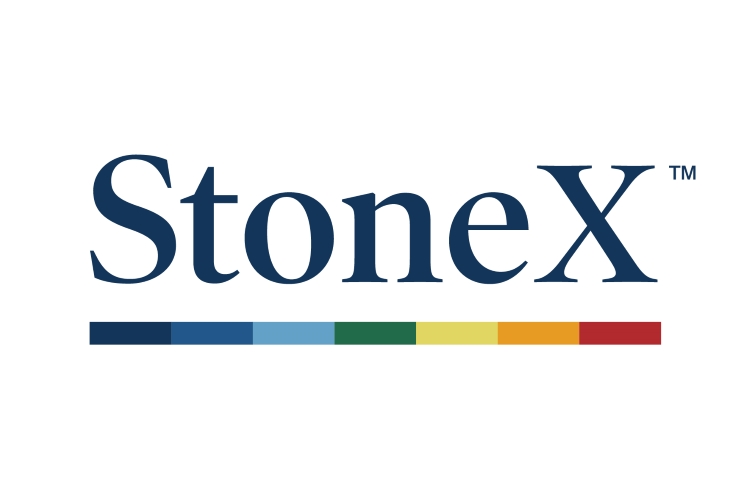Engine No.1 made a bold entry into the public eye by taking on and beating Exxon Mobil in court and then launching an ETF allowing investors to buy into its engagement style – but is forcing the issue on environmental, social and governance (ESG) the right approach for Europe?
At the very least, the arrival of strategies such as the Engine No.1 Transform 500 ETF (VOTE) and its active engagement shift the needle on how the ETF wrapper is typically used to affect change in company behaviour and on investments’ material impact on the planet and society.
An advantage of VOTE is that by tracking the largest 500 companies in the US by market cap, investors still benefit from the rules-based and transparent ETF structure while the product issuer then engages directly with individual companies’ leadership and large shareholders as shown by the Exxon board usurping.
Embrace the activist approach?
Peter Sleep, senior portfolio manager at 7IM, said there will be demand for fund managers targeting specific issues and that the pressure applied by this small San Franciscan hedge fund, made up of ex-BlackRock employees, demonstrates the rift between large issuers’ promising words and subsequent lack of action.
Despite touting their commitment to ESG concerns, a recent report by ShareAction found BlackRock and Vanguard only voted at 12% and 14% of climate resolutions, respectively. Likewise, the two companies and State Street Global Advisors (SSGA) voted against or abstained from all 16 shareholder resolutions calling for action against deforestation between 2012 and 2020, according to research published earlier this year by Profundo and Friends of the Earth.
Worryingly, this is not just a case of large issuers voting with the crowd but a passiveness on ESG issues embedded at a company structure level. This is illustrated by Vincent Deluard, global strategist at StoneX, who found BlackRock owns 10% of all US shares while sporting an investment stewardship team with a headcount of just 45.
“At the moment, despite the good intentions, I am not sure all the ETF incumbents are yet fully staffed and using their votes in a meaningful way,” Sleep continued. “Amundi seems to be one of the few incumbents that regularly votes against management but I am not sure that many of the rest challenge management enough.”
One positive is on the demand side. European institutional investors have incorporated ESG concerns faster than their US peers, Deluard said, with unions having a presence on the board of pension funds and the continent’s largest investor, the Government Pension Fund of Norway, setting up an ethical council in 2004.
While there is room for a European Engine No.1, the impracticalities of the engagement approach it is promising are hard to ignore. For starters, the firm spent several months fighting Exxon – and while decidedly triumphant – applying this approach simultaneously to all the misbehaving constituents of VOTE would be impossible, and sequentially, folly.
“The rate of progress will be very slow if we proceed sequentially one company at a time,” Sleep added. “Lobbying on ESG needs to be much more effective than that if we are to meet all our sustainability goals by 2030 or 2050.”
Not at any cost
The main problem with its engagement approach, though, is that most will see the financial burden of implementing such practices as simply too great.
While securing $100m seed funding to perform its first buys for VOTE, the ETF carries a total expense ratio (TER) of 0.05%, four basis points (bps) lower than the nine bps charged by the SPDR S&P 500 ETF Trust (SPY).
Though remarkable for offering access to active ESG engagement within such a low fee, the immediate question from many would be: how can this run at a profit without quickly attracting stratospheric volumes?
The first wanting answers to this question will be ETF issuers themselves, who rely on keeping research and management costs down to attract investors.
“Doing proper ESG requires research, active engagement with management and informed voting,” Deluard noted. “It is too time-consuming for most issuers who are happy to go along with pre-packaged indices from S&P Dow Jones Indices and MSCI and follow the voting guidelines of ISS – basically outsourcing their duties to unaccountable for-profit firms but still claiming the ESG mantle.”
In a similar vein of thought, Sleep added: “It is very hard for the very large incumbent ETF issuers to do anything like challenge existing boards and incur all tens of millions in legal fees that Engine No.1 had to endure.”
Referring to a recent case where a billionaire campaigned against payments companies partnering with the adult entertainment industry, he continued: “Bill Ackman, who suggested changes to the managements of Mastercard and Visa, is his own very wealthy and successful boss and he is similarly empowered to speak out.
“The stewardship staff at the big incumbent ETF issuers are just not empowered to take on such high profile and expensive campaigns.”
Furthermore, Paris Jordan, multi-asset analyst at Waverton Investment Management, stated the importance of looking beneath the hood of products promising to deliver on several fronts simultaneously.
On costs, Jordan questioned how VOTE packed so much into its low fee. Reading the small print, it is worth noting VOTE can have exposure to derivatives and warns about the risk of incurring additional expenses as a result of its engagement style.
Also, investors ought to note the distinction between ‘active engagement’ or ‘active ownership’, and active management.
“It would be great to see a dedicated vehicle in Europe doing something like this but of course fees, engagement, voting and other fee-generating practices must be weighed up to ensure it is an ethical product which delivers on its mandate at the same time,” Jordan added.
Keys to ESG engagement
Overall, Sleep argued there is a place for both high profile cases such as Exxon and the – at present – sleeping giants of ETF issuance to quietly lobby behind the scenes, provided their stewardship teams are sufficiently funded and staffed.
At the very least, Engine No.1 is both hopeful for ESG, and should a well-funded European equivalent show up, it would positive for engagement – though whether its ETFs work in practice remains to be seen.
On the investor side, Sleep concluded: “It is up to all of us as owners of ETFs, and stewards of our investors’ money, to lobby the ETF providers to up their game.
“One way to do this is to vote with our money and move our money not on the basis of price but move it on the basis of voting record.”
Further reading





